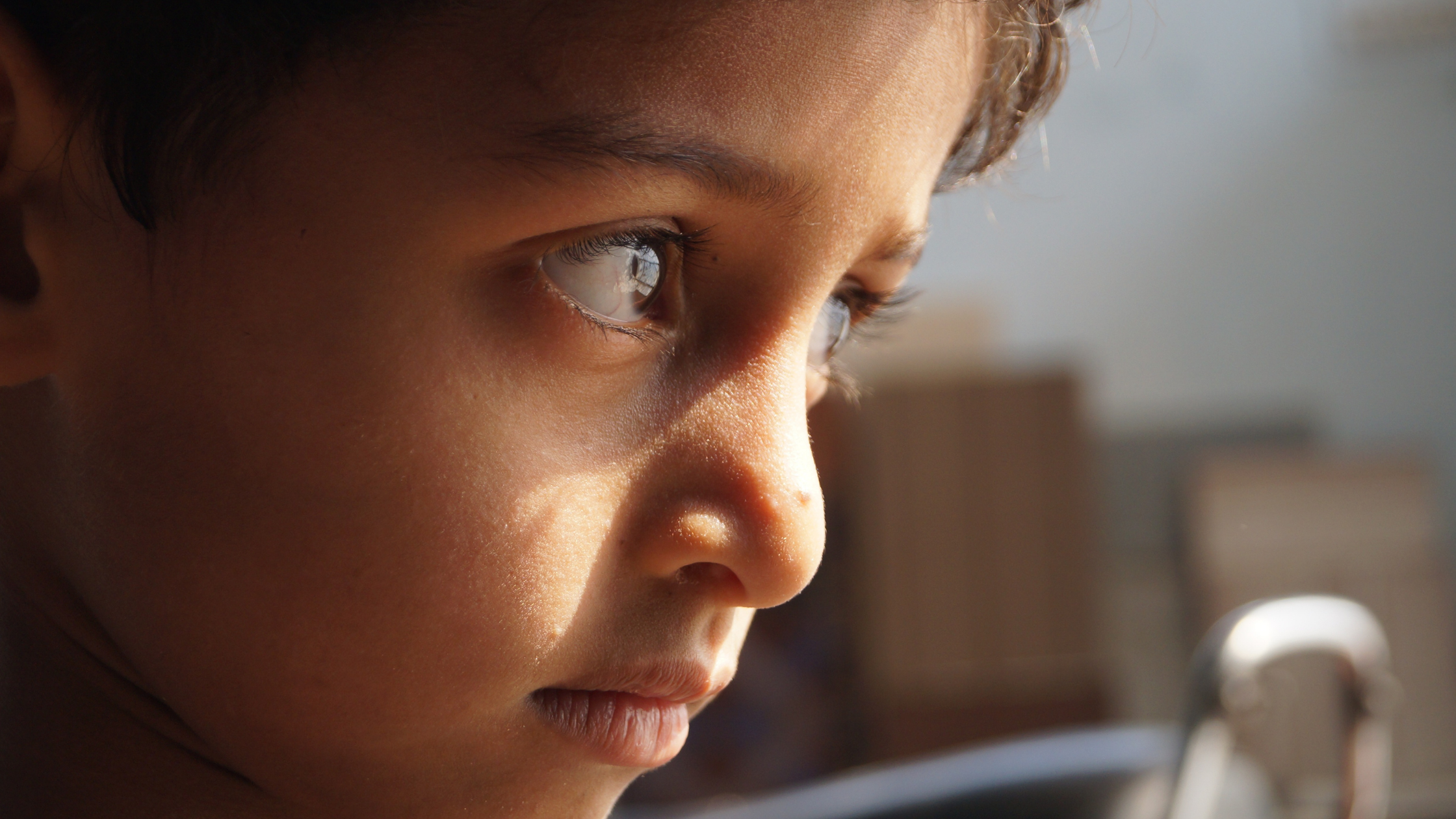Autism spectrum disorder (ASD) is a neurological and developmental disorder that is seen in the early childhood of some kids. ASD lasts throughout a person’s life. The disorder starts affecting a person’s way of communicating, thinking, acting, and learning.
The disorder directly impacts the mental and emotional growth of a person. Many people wonder why it is called a “spectrum” disorder. Well, it is known as a spectrum disorder because it shows a range of symptoms just like the spectrum.
A person with ASD might not look into your eyes while talking to you. People with ASD remain in their “own world.”
Causes of Autism Spectrum Disorder
There is no particular cause known for Autism yet. It is said that ASD is caused by abnormalities in the brain’s function.
In fact, it is believed that autism is not caused due to a single reason, but multiple reasons. Some factors that are suspected to play a role in the development of ASD include:
- Genetics/heredity is the most common reason that causes ASD from generation to generation. Many times, a defect in either parent leads to this disorder in a child.
- Older couples are more likely to produce babies with abnormalities. The couples who give birth late are seen giving birth to kids with ASD.
- Environmental factors like exposure to toxins or metals can cause such disorders in kids.
- Medicinal reaction or exposure to Depakene can cause ASD.
What are the Symptoms of Autism in Children?
Children with Autism spectrum disorder might not reach the same developmental process as other kids. Such children may even showcase the loss of both the social and language skills they had previously developed.
Kids with autism may have trouble interacting with other kids or people. They prefer staying with themselves and dislike almost everyone around them. Such kids find it arduous to fit in a routine or environment.
How to Raise a Child with Autism
- Be consistent: Children with autism find it hard to learn new things and adapt to changes. It requires consistency and patience to deal with kids who have ASD. Also, you have to create a consistent environment for your kid to learn better. Try to avoid changing the environment for them. Maintaining the same environment at home, school, and therapy can show quicker results.
- Appreciate little achievements: Positive reinforcement can help children with ASD in the long run. When kids are rewarded for good behavior, they try to improve their behavior each time. Praise kids with autism when they learn something new or act nicely at someplace. You can discover new ways of appreciating them, like giving a sticker or a star.
- Make things fun for kids with ASD: One of the common signs of autism in babies is the inability to learn new things. Such kids might not be able to learn through the same orthodox methods of teaching. A child coping with ASD needs innovative ways to learn. You should always try to make things fun for such kids. When learning is mixed with fun, the chances of grasping knowledge increases.
- Stick to a schedule: As already discussed, kids with autism do not appreciate constant changes in their lives. They prefer a consistent life with minimal changes. Try to create a highly-structured schedule for them. Fix the time of meals, therapy, school, and sleep for such kids.
- Accept your child: Many parents spend time comparing their kids with other kids. Rather than focusing on how your autistic child is different from other kids, start accepting them just the way they are. You should understand your child is special and requires your support. If you accept them and love them unconditionally, your child will also love you back.
- Learn more about the child: If your child has an autism spectrum disorder, you should try to pay more attention to them. Try to learn as much about them as you can. Understand what your child is sensitive to and what makes them uncomfortable. If you start learning your child better, you’ll begin finding solutions to most of their problems.
- Participate in a support group: Joining an ASD support group is a great way to learn new skills and methods. As you meet other families dealing with similar challenges, you learn more about the emotional challenges. Sharing experiences works as a therapy for parents of such kids.
- Take your child along with you: Many times, it is seen that parents are either too ashamed or too afraid to take their kids along with them in public. However, it is always suggested to expose your child to certain situations to make them learn how to react. Take them grocery shopping or at some function with you as it will help them get used to the outside world more easily.
Conclusion
Just like any other disorder, children with autism spectrum disorder often respond well to positive environments. Try to remain calm and collected around the child. A tranquil and encouraging environment will motivate your child to improve faster.




